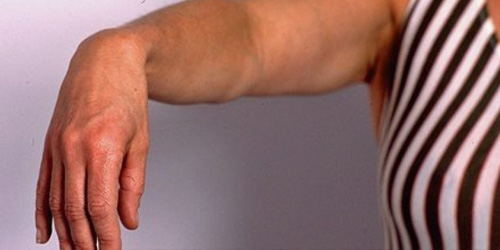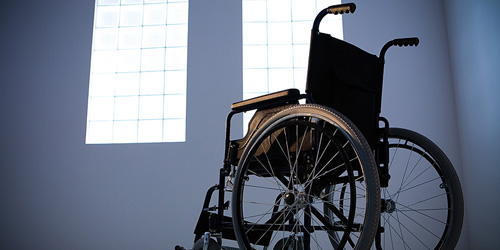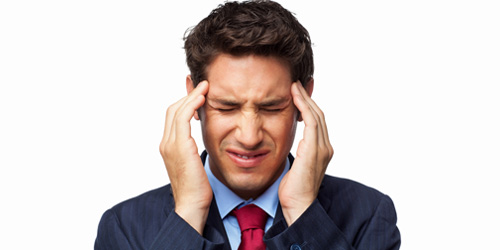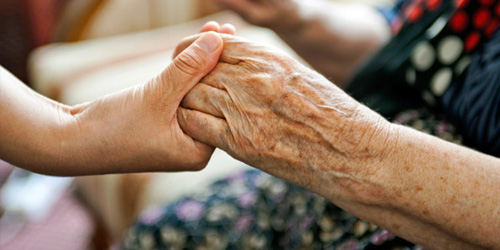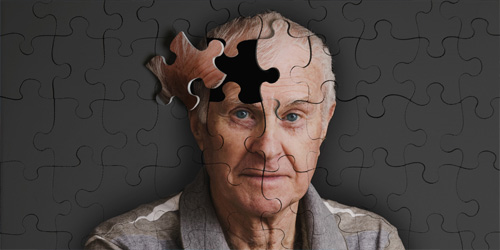A stroke is a condition in which the brain cells suddenly die because of a lack of oxygen. This can be caused by an obstruction in the blood flow, or the rupture of an artery that feeds the brain. The patient may suddenly lose the ability to speak, there may be memory problems, or one side of the body can become paralyzed. Ischemic stroke accounts for about three-quarters of all strokes and occurs when a blood clot, or thrombus, forms that blocks blood flow to part of the brain. If a blood clot forms somewhere in the body and breaks off to become free-floating, it is called an embolus. This wandering clot may be carried through the bloodstream to the brain where it can cause ischemic stroke.
All posts by medical
Multiple Sclerosis
Multiple sclerosis affects the brain and spinal cord. Early symptoms of multiple sclerosis include weakness, tingling, numbness, and blurred vision. Other possible warning signs are muscle stiffness, thinking problems, and urinary problems. A multiple sclerosis diagnosis is made by the history of symptoms and a neurological exam, often with the help of tests such as an MRI or a spinal tap. No one’s sure what causes multiple sclerosis, but it may be hereditary. There’s no cure for multiple sclerosis, but treatment can relieve worsening of symptoms.
Epilepsy
Epilepsy is a chronic disorder characterized by recurrent seizures, which may vary from a brief lapse of attention or muscle jerks, to severe and prolonged convulsions. The seizures are caused by sudden, usually brief, excessive electrical discharges in a group of brain cells (neurones). In most cases, epilepsy can be successfully treated with anti-epileptic drugs.
Chronic Headaches
Chronic headache, or chronic daily headache (CDH), is classified as experiencing fifteen or more days with a headache per month. It is estimated that chronic headaches affect “4% to 5% of the general population”.Chronic headaches consist of different sub-groups, primarily categorized as chronic tension-type headaches and chronic migraine headaches. The treatments for chronic headache are vast and varied. Medicinal and non-medicinal methods exist to help patients cope with chronic headache, because chronic headaches cannot be cured. Whether pharmacological or not, treatment plans are often created on an individual basis.
Parkinson’s disease
Parkinson’s disease is the second most common neurodegenerative disorder and the most common movement disorder. It is characterized by progressive loss of muscle control, which leads to trembling of the limbs and head while at rest, stiffness, slowness, and impaired balance. As symptoms worsen, it may become difficult to walk, talk, and complete simple tasks.
Alzheimer Disease
Brain cell connections and the cells themselves degenerate and die, eventually destroying memory and other important mental functions.
Memory loss and confusion are the main symptoms.
No cure exists, but medications and management strategies may temporarily improve symptoms.


